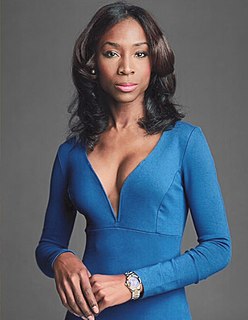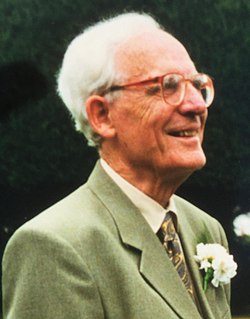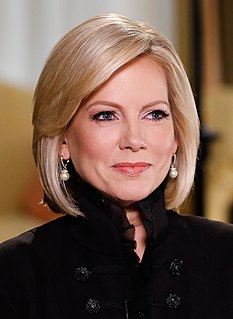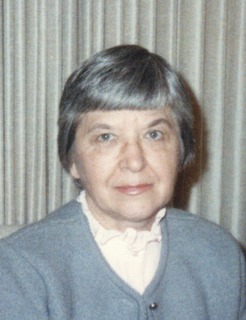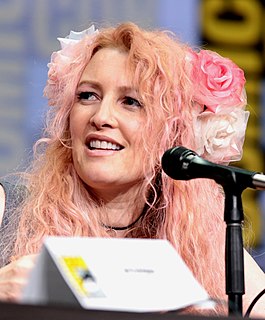A Quote by Eunice Kennedy Shriver
I'm very happy doing what I do. And if I were in the White House I would be really interested in continuing to do what I do, which is working... That's a very cold answer, I guess, but I was trying to answer in terms of ambition.
Related Quotes
There's an internal coherence and logic to what they get from [Rush] Limbaugh, Glenn Beck, and the rest of these guys. And they sound very convincing, they're very self-confident, and they have an answer to everything - a crazy answer, but it's an answer. And it's our fault if that goes on. So one thing to be done is don't ridicule these people, join them, and talk about their real grievances and give them a sensible answer, like, "Take over your factories."
The answer is never the answer. What's really interesting is the mystery. If you seek the mystery instead of the answer, you'll always be seeking. I've never seen anybody really find the answer, but they think they have. So they stop thinking. But the job is to seek mystery, evoke mystery, plant a garden in which strange plants grow and mysteries bloom. The need for mystery is greater than the need for an answer.
In the upshot there is only one answer for the preacher who wonders whether he is worthy to preach the sermon he has composed or for the writer who wonders whether he is worthy to write the religious book he is working on. The answer is: Of course not. To ask yourself: Am I worthy to perform this Christian task? is really the peak of pride and presumption. For the very question carries the implication that we spend most of our time doing things we are worthy to do. We simply do not have that kind of worth.
It's something, since the nomination and confirmation hearings of Justice Ginsberg, that's really become kind of an unwritten rule, this "I can't answer a question if it's a potential issue that's going to come before me on the Supreme Court." I think that most senators have come to accept that as a very legitimate answer. They don't love it, they're not happy, but it is legitimate when you put it in that context.
[At DuPont,] I was very fortunate that I worked under men who were very much interested in making discoveries and inventions. They were very much interested in what they were doing, and they left me alone. And I was able to experiment on my own, and I found this very stimulating. It appealed to the creative person in me.
A dialogue is very important. It is a form of communication in which question and answer continue till a question is left without an answer. Thus the question is suspended between the two persons involved in this answer and question. It is like a bud with untouched blossoms . . . If the question is left totally untouched by thought, it then has its own answer because the questioner and answerer, as persons, have disappeared. This is a form of dialogue in which investigation reaches a certain point of intensity and depth, which then has a quality that thought can never reach.
I guess I worry about weird existential things, like how do we spend our final act. This is a very emotional question. I can't answer it without crying. I think, You're 56 years old, what did you do? You raised two good kids. What am I going to do now that is as meaningful as that? I don't know the answer yet.
Suicide may also be regarded as an experiment - a question which man puts to Nature, trying to force her to answer. The question is this: What change will death produce in a man's existence and in his insight into the nature of things? It is a clumsy experiment to make; for it involves the destruction of the very consciousness which puts the question and awaits the answer.



